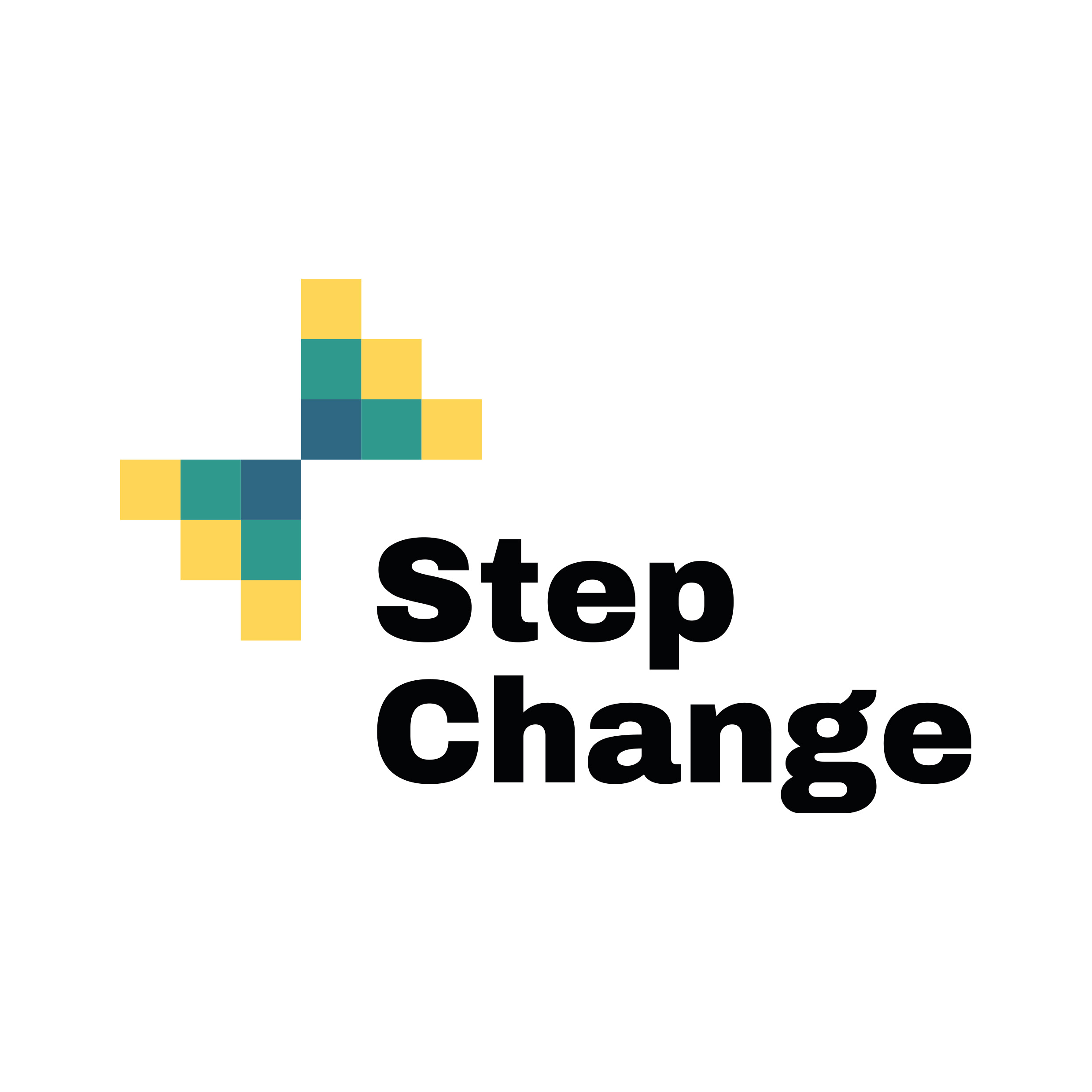
STEP CHANGE (Science Transformation in EuroPe through Citizens involvement in HeAlth, coNservation and enerGy rEsearch) replied to the H2020 Topic SwafS 27 on “Hands-on citizen science and frugal innovation”, Sub-topic A, citizen science. The project, coordinated by the University of Primorska, is based on the assumption that citizen science (CS) can play an even broader societal and scientific role than it is generally acknowledged, particularly in those critical fields of research (like Energy, Health and the Environment) where human and non-human factors are deeply entangled.
In these areas, a set of highly-contested, socially relevant research fields is emerging where CS can play a pivotal role by making science more socially robust, inclusive and democratic while strengthening the capacity of scientific investigation over emerging phenomena that cannot be easily caught within narrow disciplinary boundaries. Then, STEP CHANGE was designed to contribute to making the most of CS potentialities, while at the same time identifying, analysing, and tackling such limitations and risks. In this regard, STEP-CHANGE is based on the implementation of five Citizen Science Initiatives (CSIs) in the areas of Energy, Environment, Health and Infectious Diseases, through the participatory and self-reflexive analysis and evaluation of their collaborative research processes, scientific outcomes and societal impacts. The CSIs regard: 1) wildlife conservation in Slovenia (UP); 2) non-alcoholic fatty liver disease in the UK (NIHR); 3); energy communities in Germany (WECF); 4) infectious disease outbreak preparedness in Italy (UNITOV); 5) off-grid renewable energy in agriculture in Uganda (ARUWE). Horizontal activities are also foreseen: Scoping process (SfC), Participatory evaluation (K&I, AU), Mutual learning and training (ZSI), Stocktaking (ECSA) and Communication (EUSEA). The consortium is geographically balanced and formed by 11 partners from 7 European countries and Uganda.
What is in it for the Western Balkans?
The coordinator of the project, University of Primorska's Elena Buzan is happy to share lessons learnt and experiences with Citizen Science Initiatives with the stakeholders in the region. In particular for environmental conservation, a hot topic for the region, citizen science can be a very adequate means of public engagement and the generation of new knowledge. Also topics such as green energy, which are addressed in the StepChange CSIs, are interesting priorities in the region. In case readers from the WB are interested to participate in mutual learning on citizen science in environmental conservation, health and energy, please contact the StepChange project via
info@stepchangeproject.eu as it is looking for citizen science initiatives interested to participate in mutual learning activities in autumn. In particular, initiatives which deal with similar topics as the ones described above are welcome to express informally their interest to participate in an exchange of experiences. If you want to be kept up to date with StepChange latest news, you can subscribe to their newsletter
here.
Grant agreement ID: 101006386
DOI10.3030/101006386


